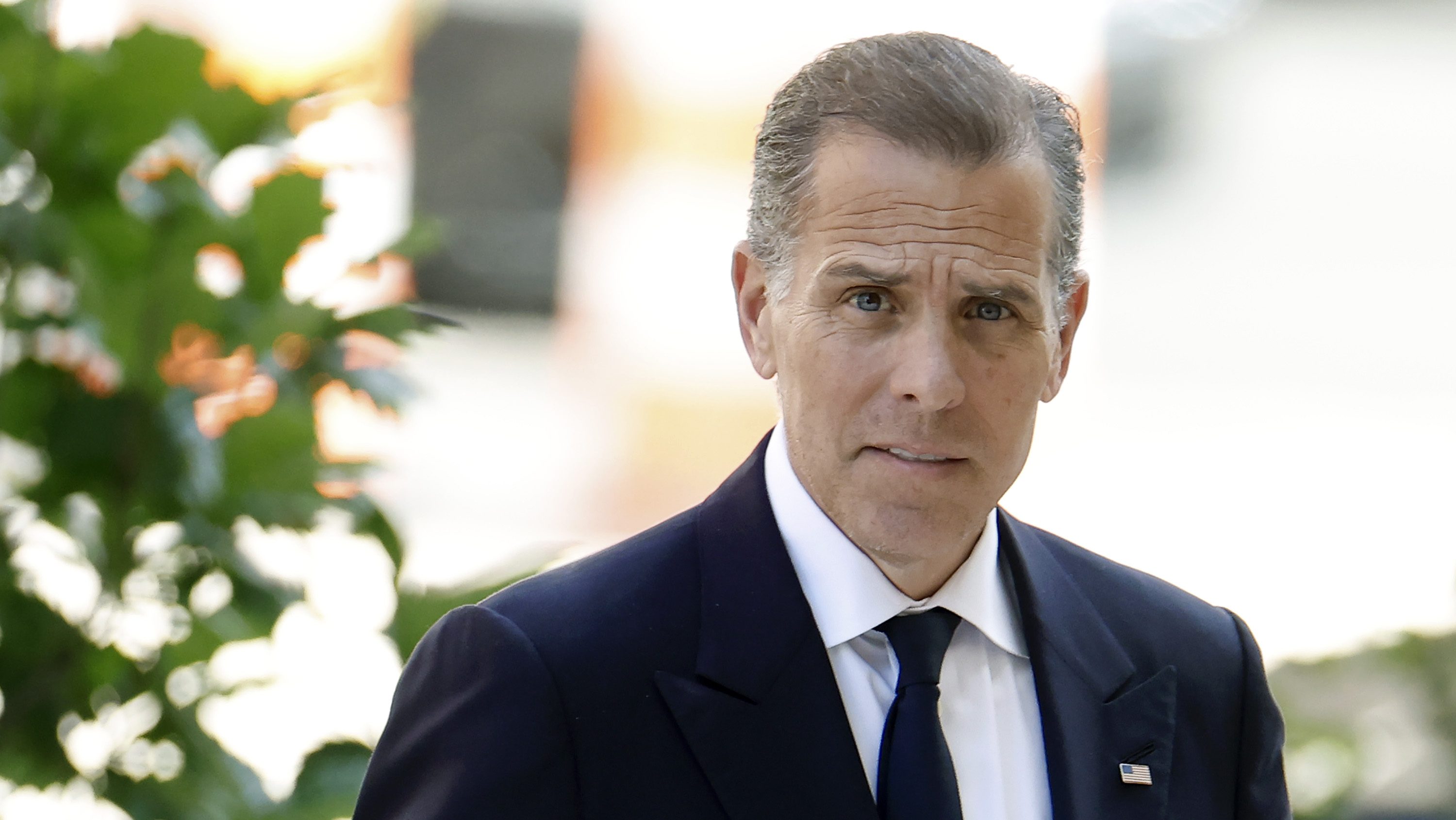In a precedent-setting federal case, Hunter Biden, the son of President Joe Biden, has been convicted of three counts of illegal firearms possession. A Delaware jury found him guilty of violating federal laws meant to keep guns out of the hands of drug addicts. This conviction marks the first time a sitting president's immediate family member has been found guilty of a crime during their tenure, though the infractions occurred before Joe Biden assumed office.
The charges stemmed from Hunter Biden's actions in October 2018, when he purchased a gun while battling drug addiction. He allegedly falsified information on federal gun forms, denying his drug use, and consequently violated federal rules regarding gun possession by addicts. Despite his not guilty plea and the defense's argument of his improving condition at that time, the jury concluded otherwise.
President Joe Biden was forthright in an interview from France last week, stating unequivocally that he would not grant a pardon to his son if found guilty. This reflects a broader commitment to ensuring that justice is served without favoritism, even when it involves his own family.
During the trial, the late Beau Biden, Hunter's older brother, cast a significant shadow over proceedings. Beau, who died from cancer in 2015, had a strong influence on his family and his legacy frequently intermingled with the trial narrative. Several witnesses testified about the turmoil the Biden family endured following Beau's death and its subsequent impact on Hunter, contributing to his descent into severe addiction.
Prosecutors sought to highlight these issues, presenting evidence such as a photo of Hunter in a bathtub with a woman, wearing a military dog tag once owned by Beau. Beau's widow, Hallie Biden, who had an affair with Hunter after Beau's death, also testified, giving a personal glimpse into the family's struggles.
The case continues to resonate widely, touching on President Biden's broader political identity and policy goals, many of which, like the fight against cancer, are driven by Beau's legacy. Despite the personal and public ramifications, the trial underscores the ideals of accountability and the rule of law.
- The trial exposed the depths of Hunter's addiction struggles, with testimonies recounting his behavior and the impact on those around him. Hunter Biden's eldest daughter, Naomi, provided emotional testimony on the stand, acknowledging her father's severe challenges following her uncle Beau's death but also noting temporary periods of improvement.
- Despite these moments of clarity, Hunter's relationship with Hallie Biden deepened the family's internal conflicts. Their romance, born out of shared grief, led to further complications, as detailed by Hallie during her testimony.
- Beau Biden's presence loomed large within the courtroom, highlighting his profound impact on the family's dynamics and the broader Biden presidency. Discussions around Beau's contributions as Delaware's Attorney General and his father's dedication to causes such as cancer research reinforced the enduring legacy he left behind.
- Adding to the complexity, family divisions surfaced, with parts of the Biden family present both to support and witness the trial proceedings. Hunter's ex-wife, Kathleen Buhle, and Hallie's new husband, who recently remarried, were among those in attendance, painting a vivid picture of a family navigating profound loss and hardship under the public eye.






